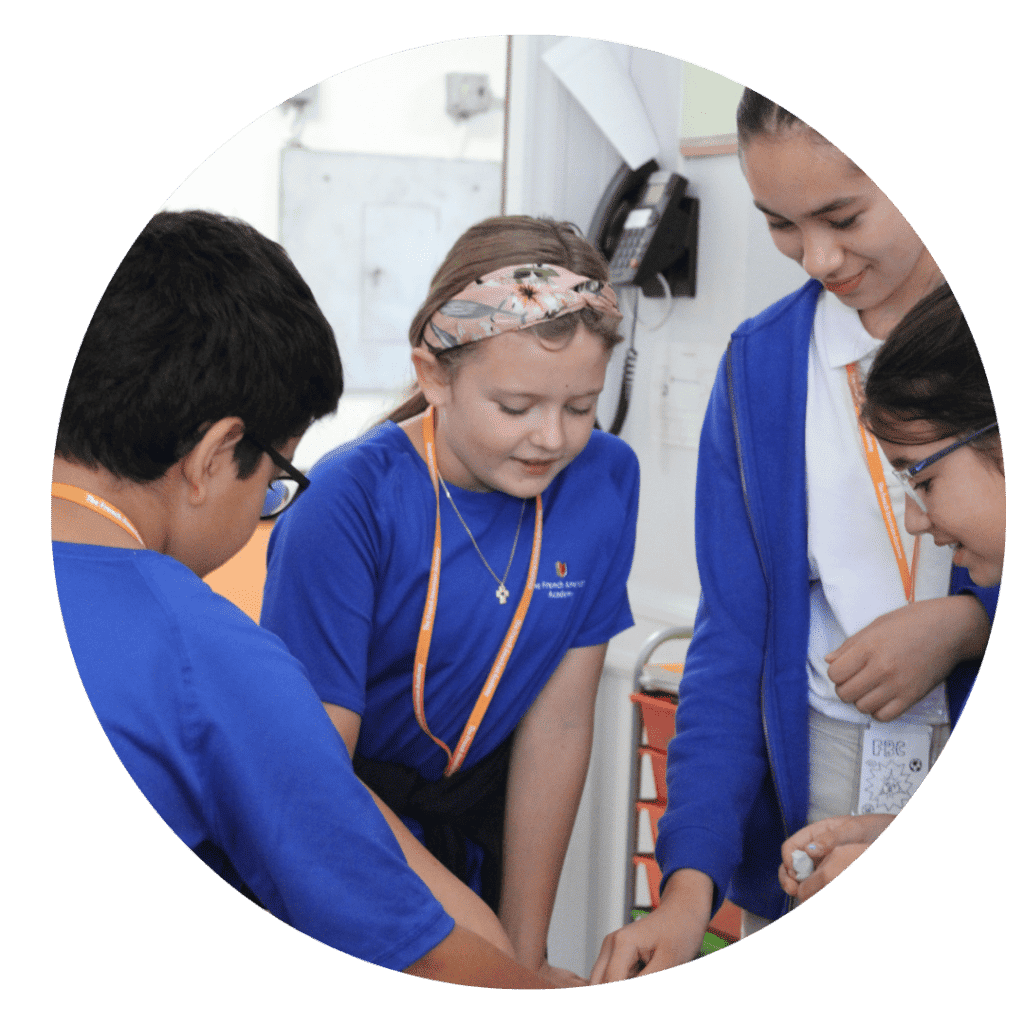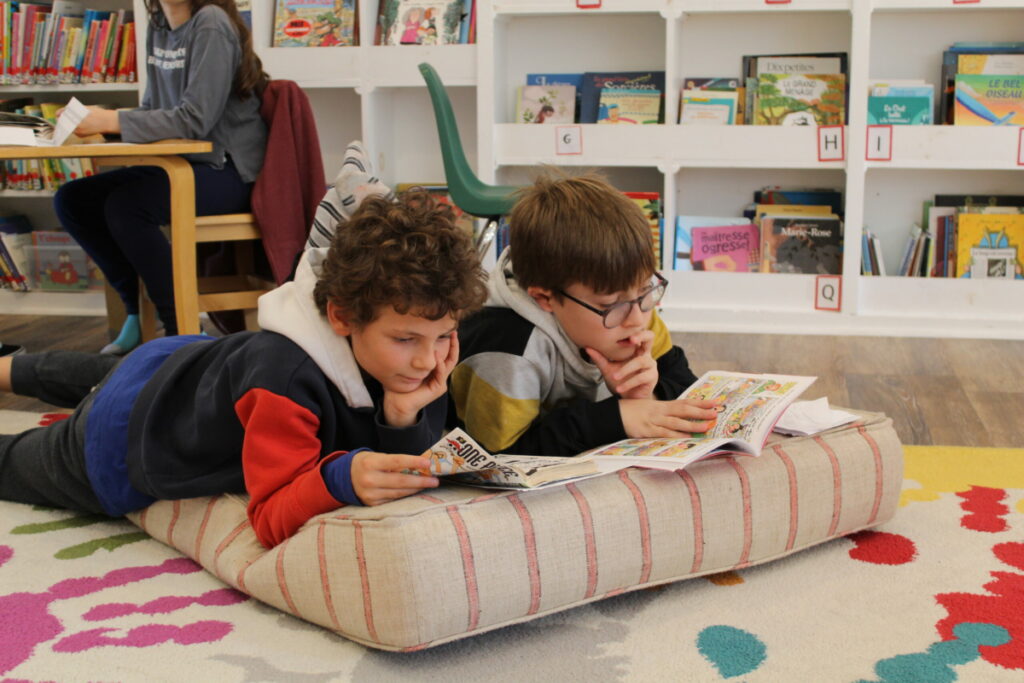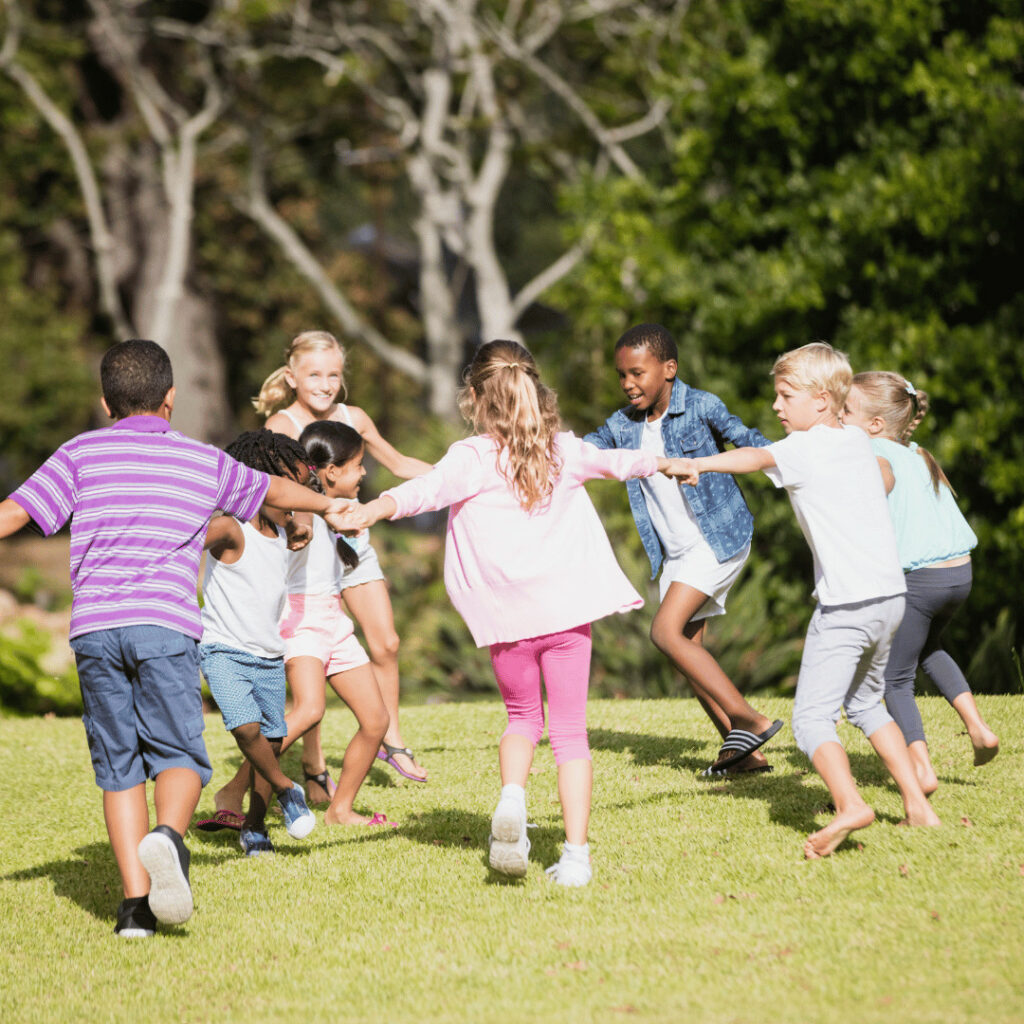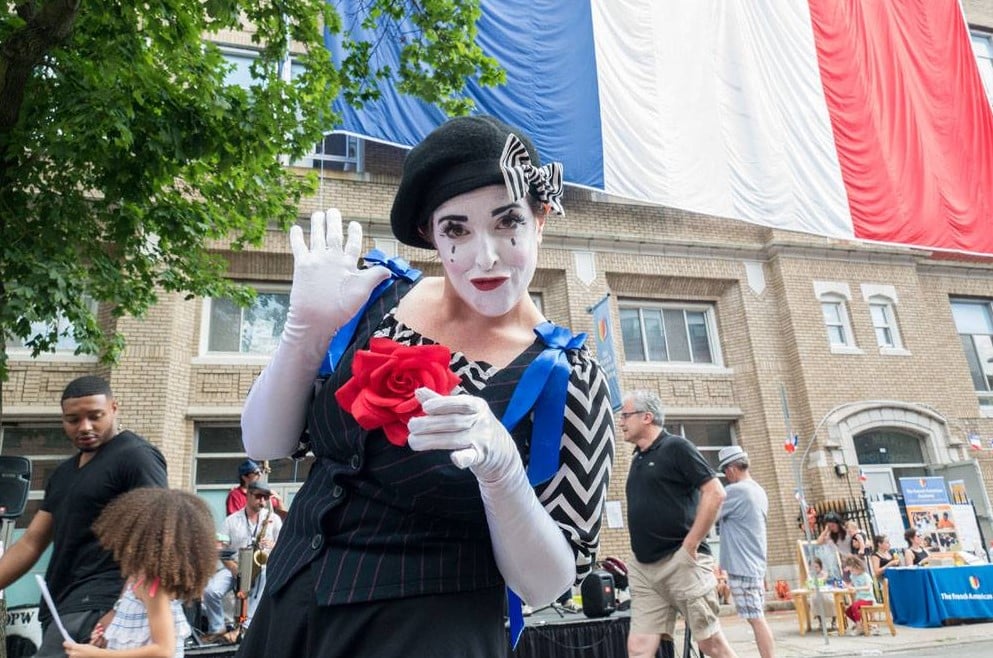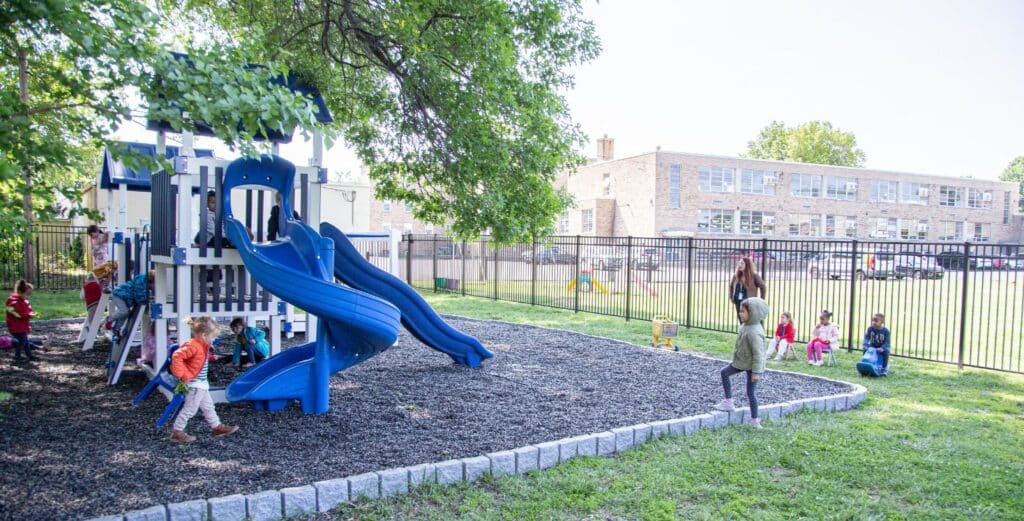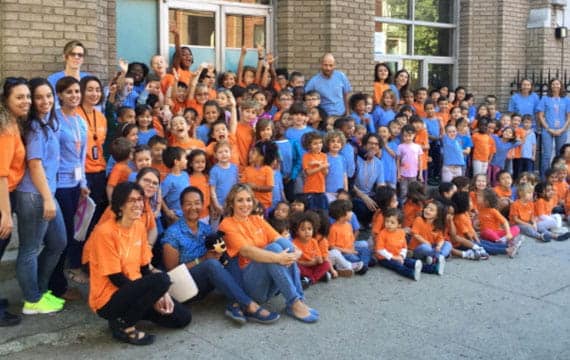At the French American Academy, our commitment to pedagogical continuity goes hand in hand with nurturing our students’ growing independence. As our 5th graders prepare to step into middle school, we recognize that the transition isn’t simply about changing the classrooms, it’s about adapting to the new organizational structures, meeting new teachers, and embracing different learning approaches. To support this shift, we’ve designed a series of collaborative projects and activities that foster strong bonds between 5th and 6th graders.
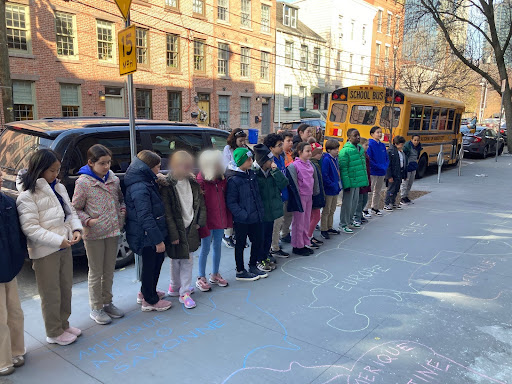
As part of this effort, 5th graders will participate in a Q&A session with their 6th-grade peers to discuss the differences between elementary and middle school, share advice, and build confidence. They will also meet with their French and Humanities teachers to discuss transition expectations and receive their summer reading assignments. A visit to the new Jersey City Heights building will further acquaint them with the new setting, ensuring a smoother and more comfortable transition.
The journey toward a seamless transition was kick-started by an inspiring project that united both grades, underscoring the power of collaboration and shared learning as they prepared for the challenges of middle school.
A Global Perspective in Action
This month, 23 students from 5th and 6th grade took part in a series of role-playing activities centered on water, the school’s theme for the year. These activities invited them to step into the shoes of 8 billion people and grapple with the stark inequalities that define our world.
Over the course of four days, each session introduced a new challenge. These activities served as powerful metaphors for understanding global disparities.
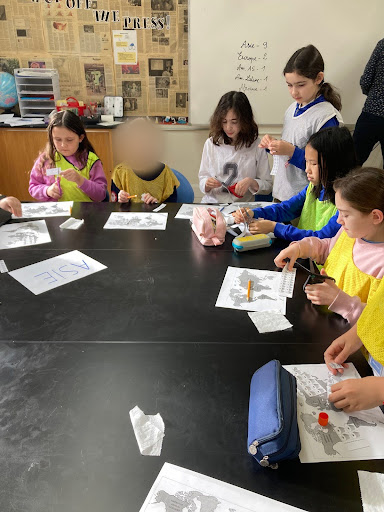
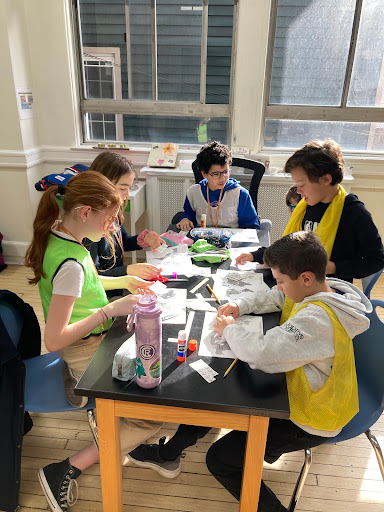
The sessions touched on several key themes:
- Day 1 – Resource Scarcity: On the first day, students were asked to imagine themselves as 8 billion people by distributing 23 individuals across continents drawn in chalk. Guided by clues to achieve a realistic global population split, they confronted the enormity of representing a vast population with such a small number.
- Day 2 – Access to Drinkable Water: In the next session, the scenario shifted, only 20 water bottles were available for the 23 students. This deliberate shortage forced them to decide who would “go without,” sparking a poignant conversation about how millions around the world lack access to clean water.
- Day 3 – Water Consumption: The third exercise had students reassess the same distribution, this time focusing on water usage. By reallocating 23 water bottles to mirror consumption patterns, they explored the stark differences in water use across various regions, deepening their understanding of global disparities.
- Day 4 – Access to Sanitation: The final activity used 14 rolls of toilet paper as a symbol of sanitation access. This exercise drove home the uneven distribution of basic hygiene resources, challenging the students to consider who would be excluded from this essential service.
Building Empathy and Critical Thinking
Beyond numbers and statistics, the true impact of these activities emerged in the skills and understanding the students developed. Engaging with real-world scenarios in a hands-on manner, they refined abilities that will serve them well as they transition into middle school:
- Collaboration and Bonding: Working together on hands-on challenges helped them build strong teamwork skills and forge meaningful connections, smoothing the often-daunting move from elementary to middle school.
- Empathy: Immersed in exercises that echoed global resource challenges, the students developed a personal understanding of the inequalities faced by communities worldwide.
- Critical Thinking: Faced with clear constraints, they learned to analyze information and make well-informed decisions, which is a crucial skill for the demanding academic landscape ahead.
Looking Forward
These experiences are set to culminate on Water Day, a special event on May 9. On this day, students and parents will come together to reflect on the lessons learned. They will present these four situations to students and parents. More than an academic activity, this initiative prepares our students to emerge as thoughtful, engaged citizens in an interconnected world.
At the French American Academy, we believe that even small gestures can spark big conversations. Through these thoughtfully crafted initiatives, we are redefining the transition from 5th to 6th grade, empowering our students to think critically, act collaboratively, and step confidently into the next chapter of their educational journey.

